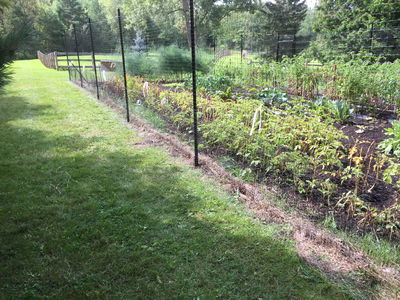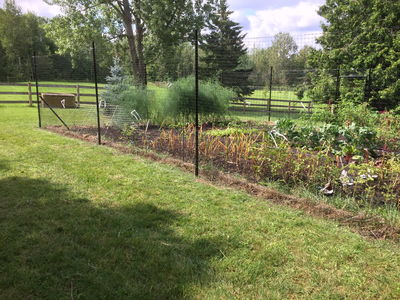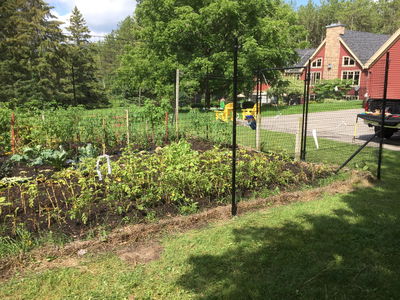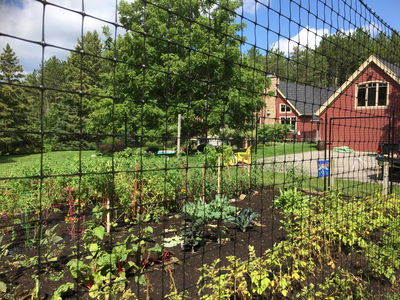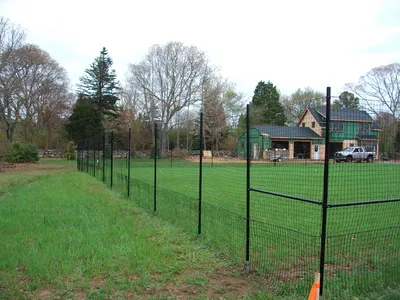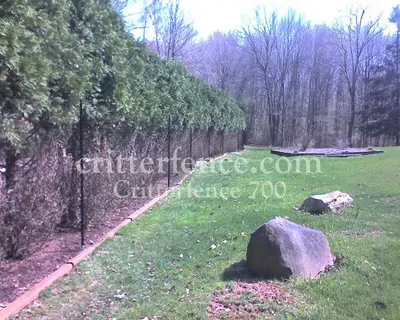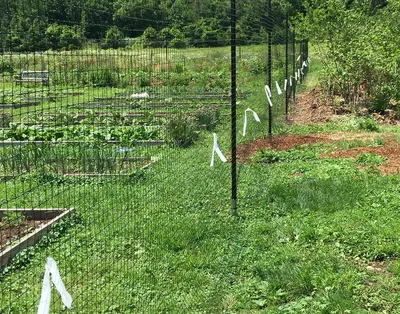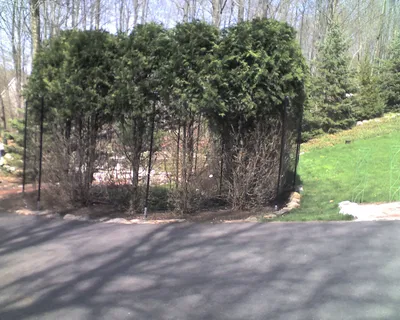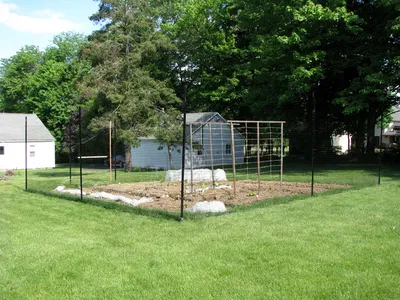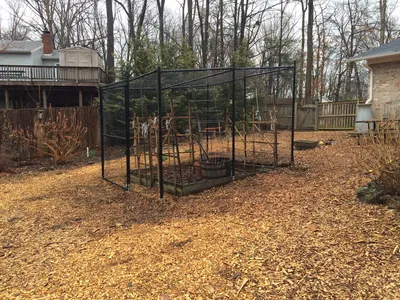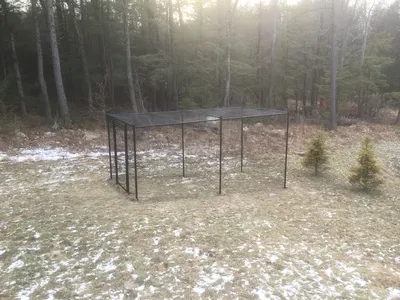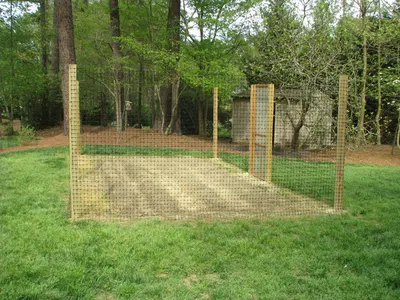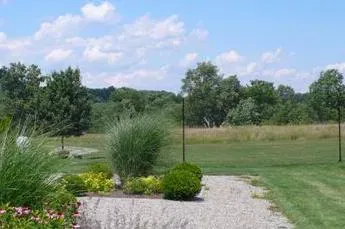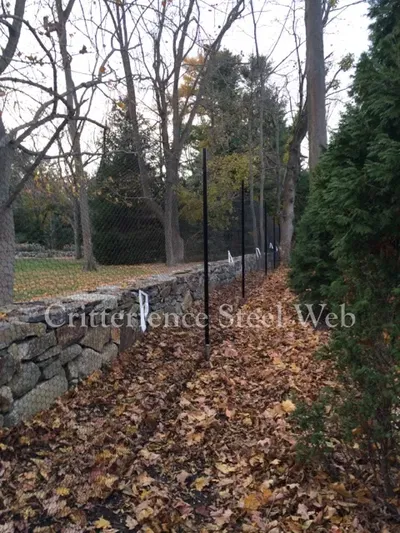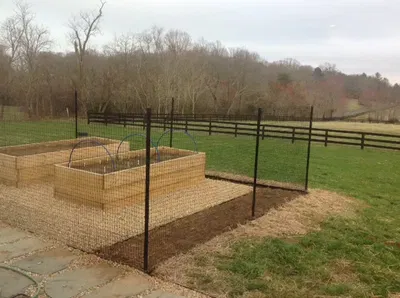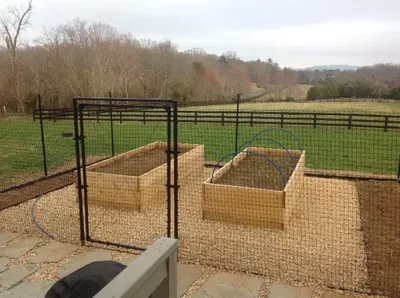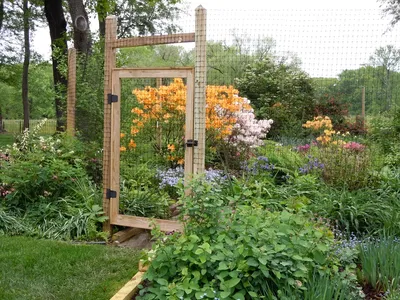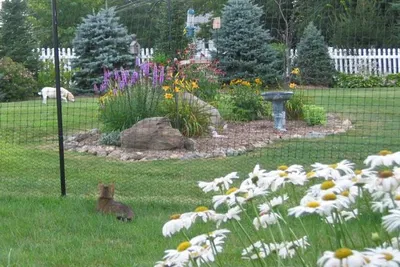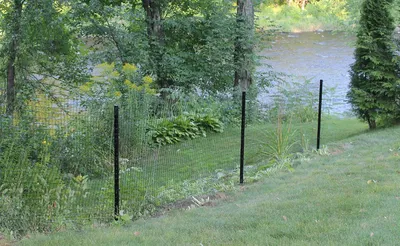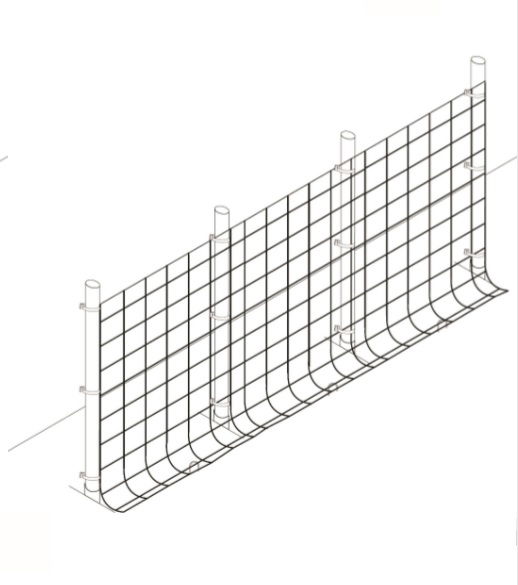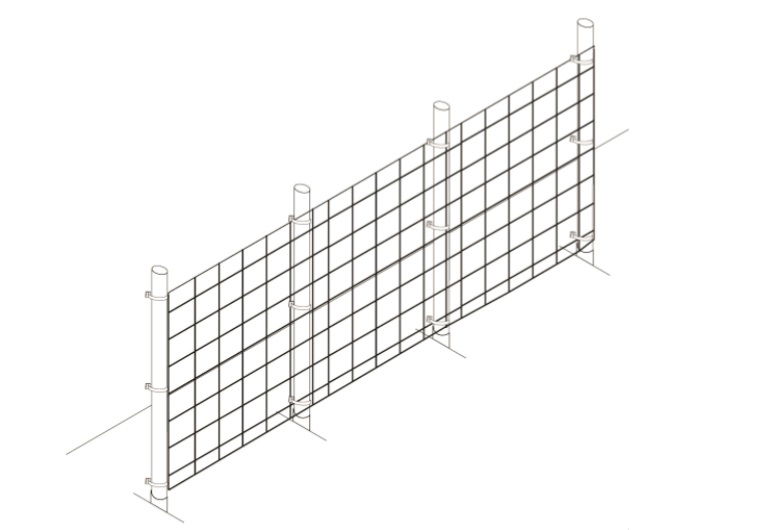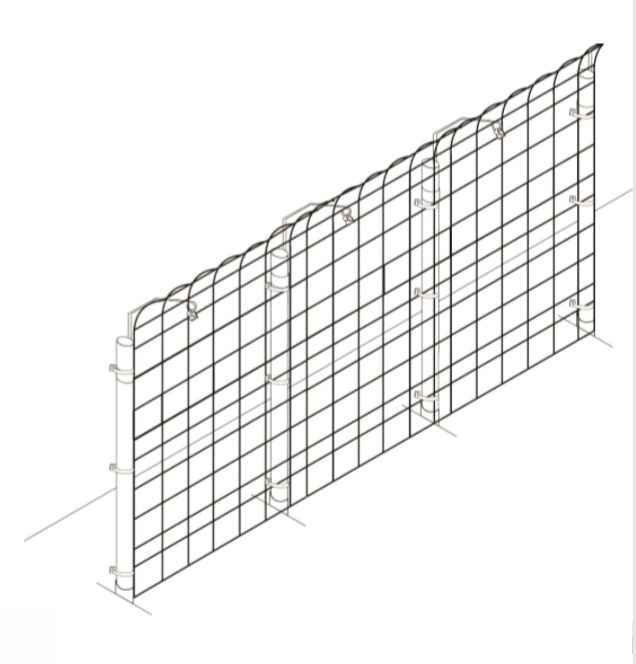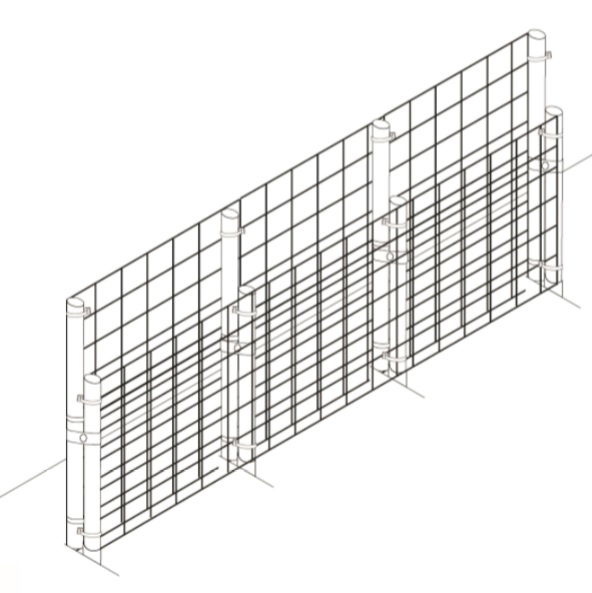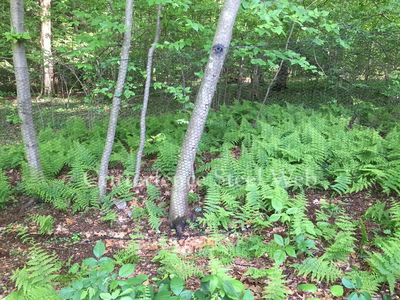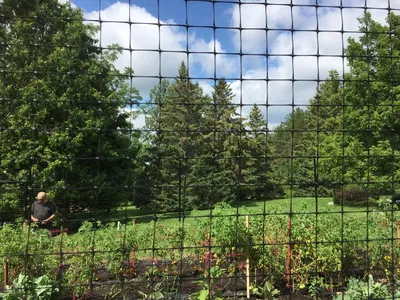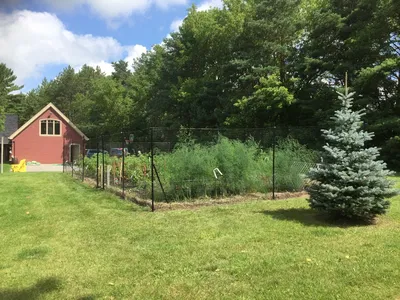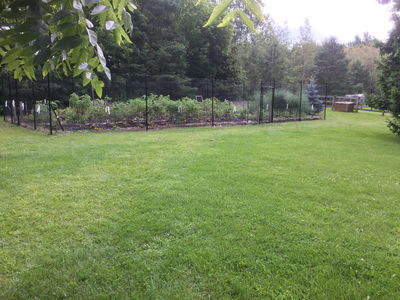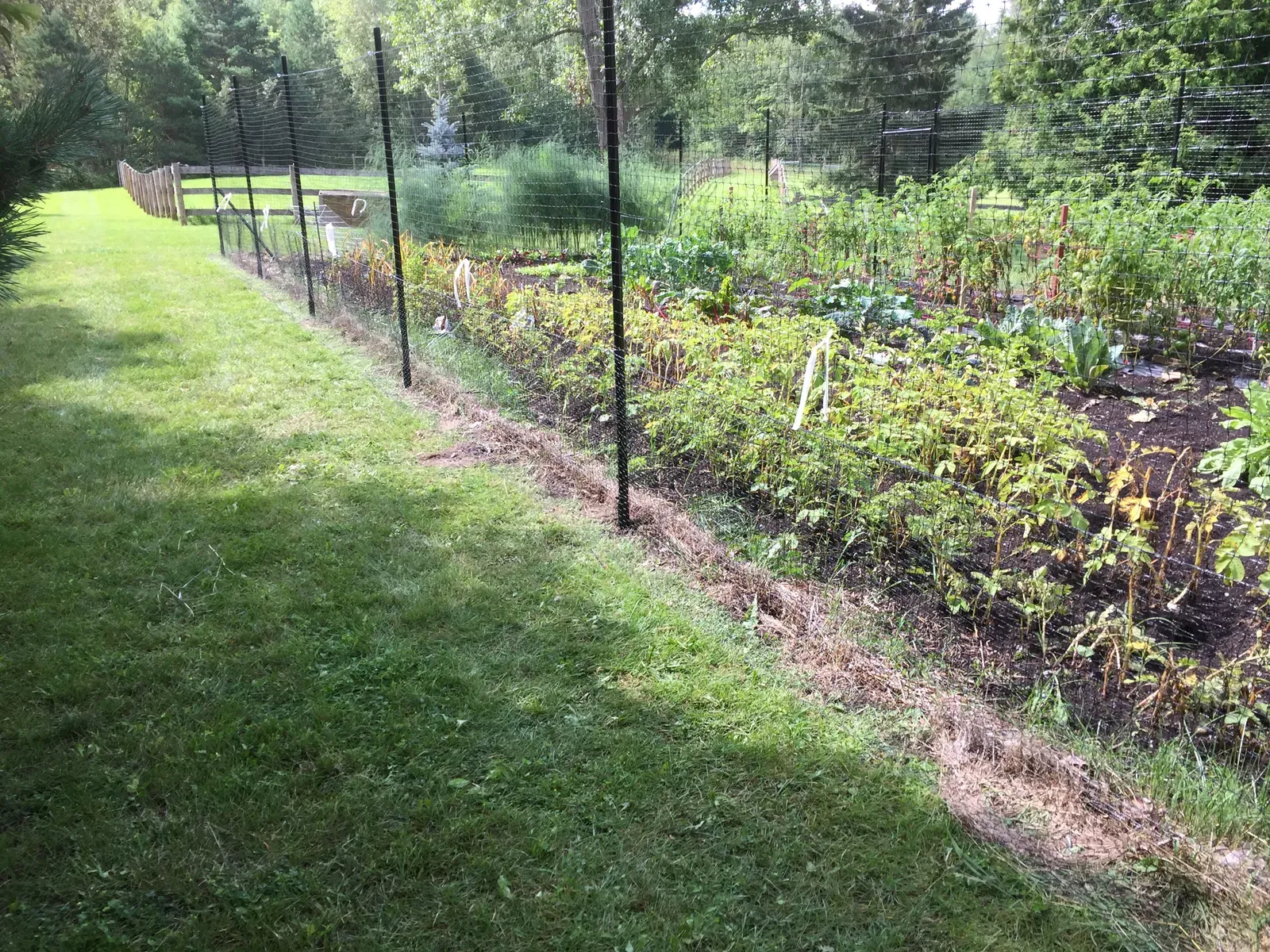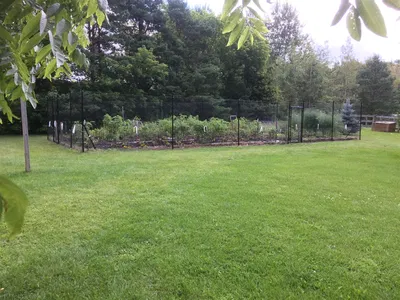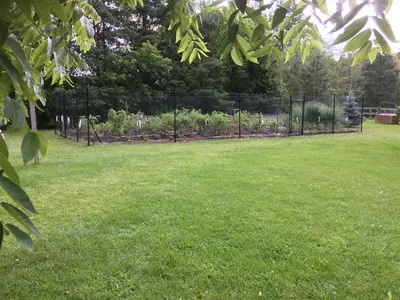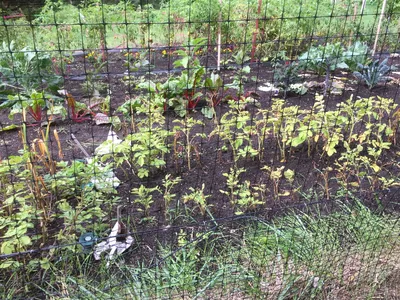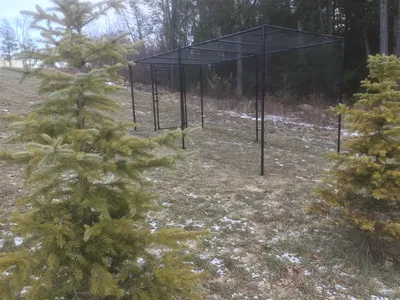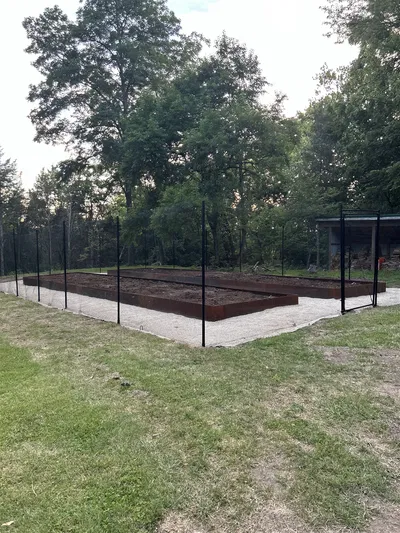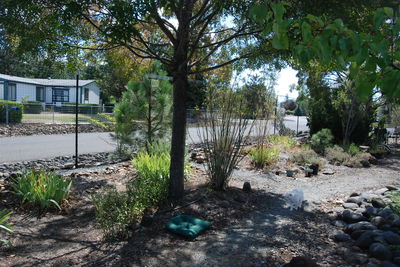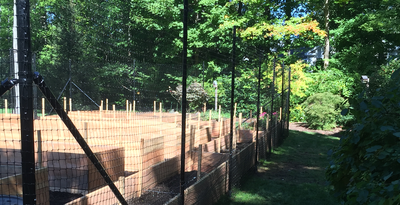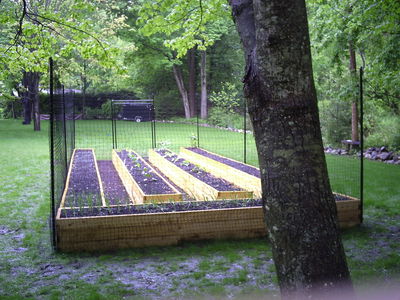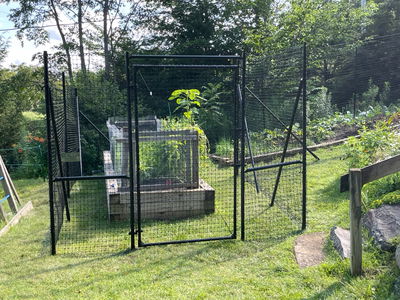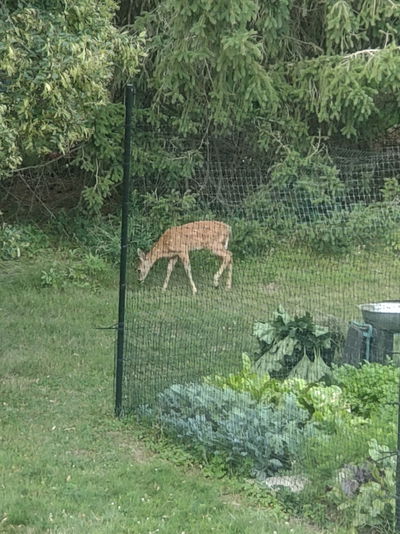A garden fence kit is a selection of fencing, fence posts, accessories and hardware to build a complete garden fence starting from scratch.
They are engineered to keep out many different animals including deer, depending on the options you choose.
There are 1000+ fence kits, combinations and options within each of these garden fences.
Compare the best choices for your garden.
In general, most customers select these three things:
- A garden fence with overlap. An overlapping garden fence design includes extra fencing that extends outward and is staked to the ground. This helps deter digging animals and covers uneven terrain, such as small peaks and valleys that pests might use to access your garden. For additional protection, you can bury the overlapping section to prevent tunneling animals like moles from entering.
Metal Garden Fence with Chew Barrier
- For robust protection, consider using a metal garden fence or a fence with a chew-resistant base. Many animals, including rabbits and groundhogs, may try to chew through fencing to reach your plants.
- The most popular choice is a poly fence combined with a metal base, which provides optimal resistance to chewing and helps keep your garden pest-free.
Garden Fence Height Recommendations
- 6 Feet: Minimum height recommended for small gardens (up to 100 linear feet) to prevent deer and other wildlife from jumping over.
- 7-7.5 Feet: Suitable for medium-sized areas (up to 500 linear feet), offering increased protection for larger spaces.
- 8 Feet or Higher: Ideal for large gardens or areas with heavy wildlife activity, ensuring maximum security against deer and other large animals.

